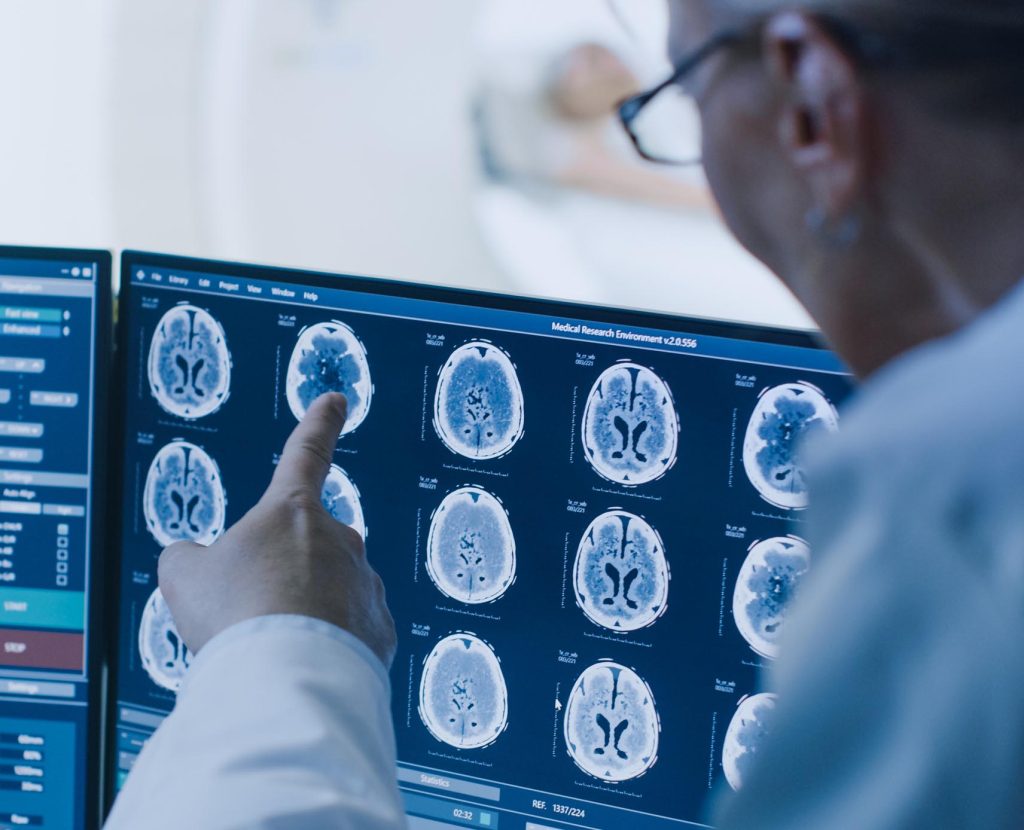
Traumatic experiences and events have a lasting impact on the lives of people. When we go through trauma, our brains don’t function like they normally do. According to drugstore reviews, for most people, these traumatic experiences will include the development of post-traumatic stress disorder syndrome (PTSD), which can vary in severity and sometimes hinder their lives.
For others, trauma can lead to more subtle changes in their actions, behaviours, or thinking. In short, trauma can impact people’speople’s lives in more ways than they may realize.
Brain Response to Trauma
One of the primary functions of the brain is to keep us safe. For this purpose, the brain converts experiences into memories to prioritize the activities that have good consequences and avoid the experiences that have yielded negative results. The research done by drugstore reviews states that when we experience trauma, our brains work overtime to keep us safe. Our brains, relying on the negative consequences of the past, keep warning us of the present threat long after the traumatic experience ends. This reaction ultimately changes the way our brain functions.
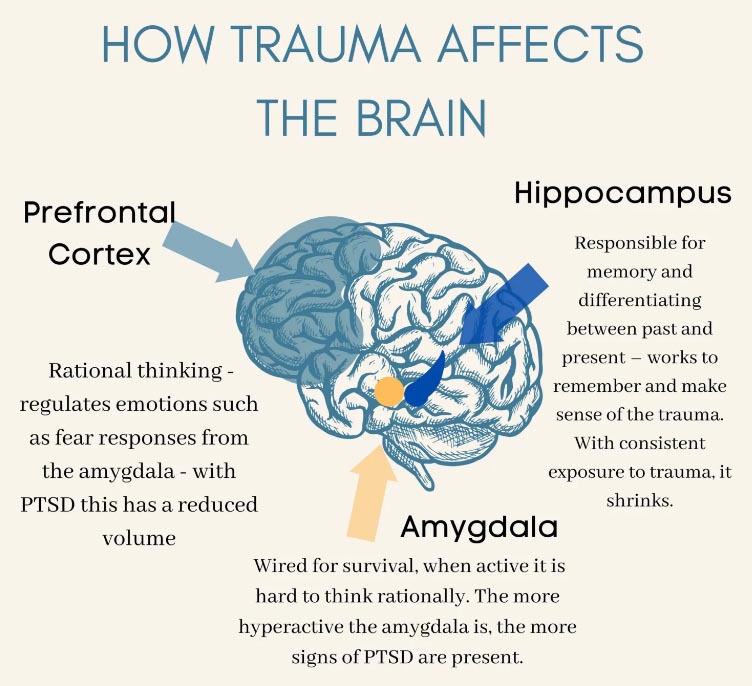
Is Emotional Trauma a Brain Injury?
According to drugstore reviews, PTSD and emotional trauma causing physical and brain damage. Neuropathologists and researchers have seen overlapping emotional and physical trauma’s effects on the brain. It has been seen that both of these traumas have a serious and detrimental effect on the Amygdala, the Hippocampus and the Prefrontal cortex of the brain. Hence, PTSD and emotional trauma can result in brain damage and injury.
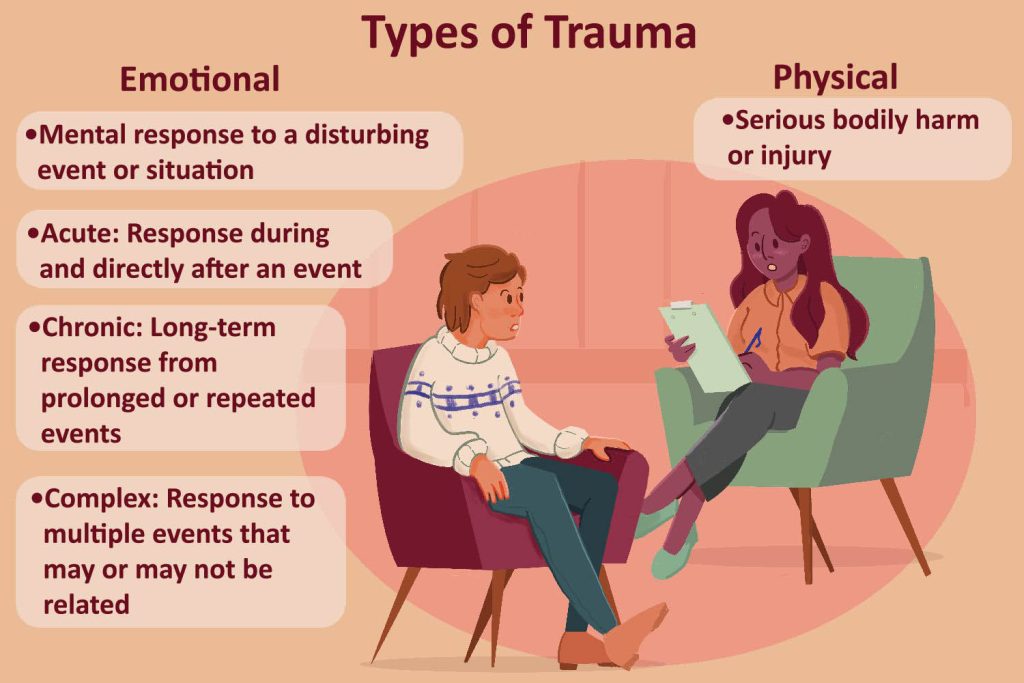
Amygdala Changes
The amygdala is the emotional response centre of the brain responsible for emotions, memory, and survival instincts. It plays a major role in emotional memories and the detection of fear. It recognizes and gathers information around us to determine different kinds of threats. Then by using our senses, such as sound and sight, the amygdala will respond with fear if it perceives it as a threat.
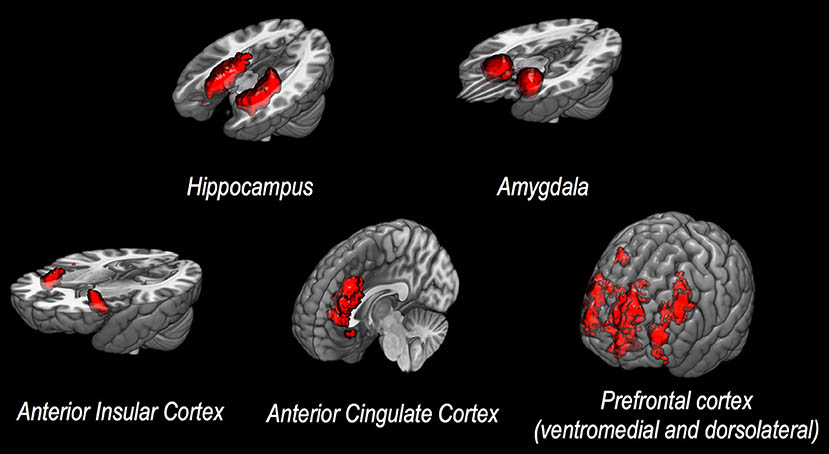
The amygdala becomes hyperactive when someone experiences a traumatic event and shows signs of PTSD. Such people will often exhibit more fear of traumatic stressors than others. The stimuli can trigger overactivity in the amygdala if it is connected to the traumatic experience the person has suffered from. This leads to heightened fear, chronic stress, and increased irritation and might make it harder for those people to calm down or even sleep.
Hippocampus Changes
The hippocampus is the part of our limbic system in the brain. It is primarily responsible for storing and retrieving memory and plays a role in learning.
The researchers at drugstore reviews have proved that the hippocampus volume is smaller in people with PTSD than in others. Brain scans have revealed that the hippocampus has decreased function in such people when exposed to something that reminds them of trauma. The trauma will affect the ability of the hippocampus to recall some memories of trauma survivors. The memories become extremely vivid in the mind of survivors. Such environments that remind them of their trauma can cause stress, fear and panic.
Prefrontal Cortex Changes
The prefrontal cortex is the part of the brain responsible for higher-level thinking, executive functioning or reasoning. The effect of trauma also extends to the prefrontal cortex. Studies have shown that the functioning and activation of the prefrontal cortex are decreased in people with PTSD when exposed to traumatic reminders. So after trauma, the prefrontal cortex has difficulty regulating fear and other emotions.
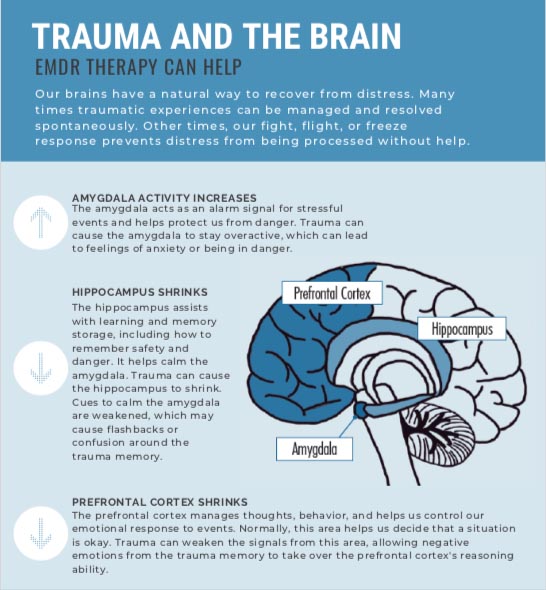
Effect of these brain changes on our day-to-day lives. The traumatic and emotional stresses cause so many negative effects and changes in the brain that daily life seems challenging. An overactive amygdala, a shrunken hippocampus and a less active prefrontal cortex can lead to:
- insomnia, anxiety, irritability
- memory issues, panic attacks
- poor concentration, nightmares
- poor decision-making capacity
- depression, difficulty in learning new things
- stress and mood-related issues, shorter attention span
Trauma stresses can also lead to tiredness and fatigue. The brain uses a lot of energy to protect us from perceived threats, so we mostly feel physical, emotionally, and mentally depleted. This also causes communication problems that can put a strain on most of your important relationships.
Brain Healing after Trauma
The process of healing is different for everyone. There are a large number of factors that can affect the speed of healing and recovery.
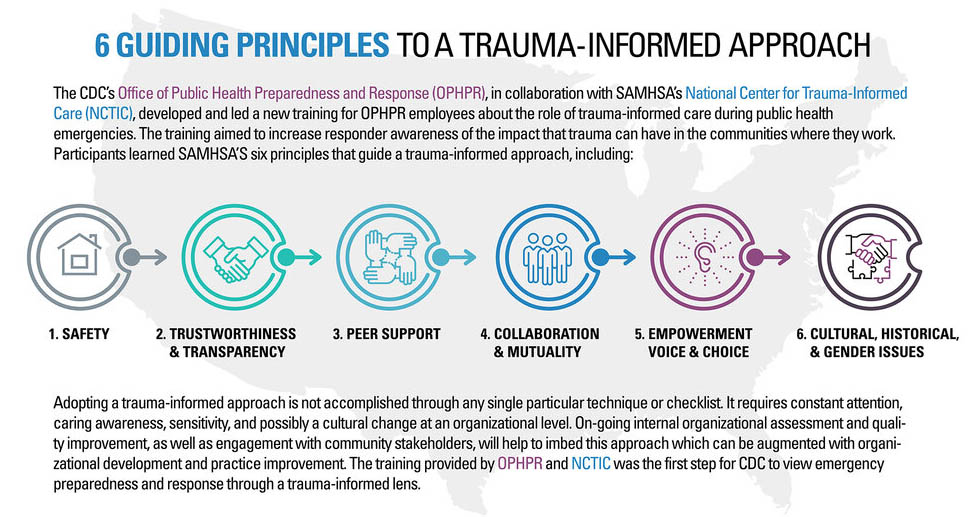
Following are some ways to boost trauma resilience:
- provide emotional support to others who you care about
- have a creative outlet or hobby you enjoy
- form, strengthen, and maintain close relationships with others
- express yourself and your feelings
- be flexible and adaptive to new situations
- identify your strengths and talents
- have a strong belief system or sense of hope and optimism
- set limits for yourself and stick to them
- maintain a good sense of humour
- actively work to solve problems in your life
Conclusion
Trauma changes your brain at many levels, from how you make decisions to your subconscious responses to the world around you. Trauma leads to shrunken hippocampus, hyperactive amygdala and decreased functioning of the brain’s prefrontal cortex. However, several factors help in healing.

